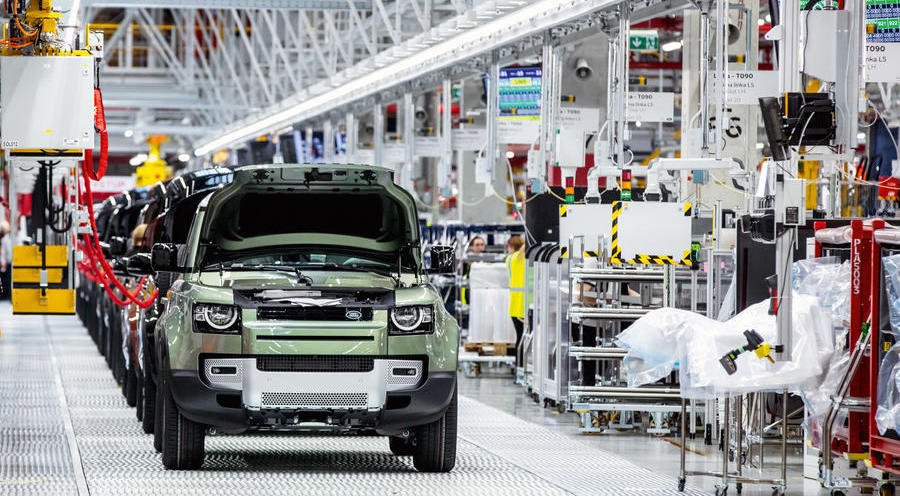Chip shortage stops Land Rover Defender production in Nitra

Land Rover has paused production in Nitra, Slovakia, as a result of the ongoing semiconductor shortage that has blighted the global car industry.
The factory, which produces the firm's big-selling Defender and seven-seat Discovery, is the latest Jaguar Land Rover plant to be impacted by the semiconductor (or chip) shortage.
In April, JLR halted the production lines at its Castle Bromwich and Halewood sites in the UK, bringing production of the Jaguar XE, XF and F-Type to a halt, as well as the Land Rover Discovery Sport and Range Rover Evoque.
At that time, the brand kept its Nitra and Solihull plants in operation, but now, The Times reports, it has been forced to pause Defender and Discovery output.
A JLR spokesman told Autocar: "Like other automotive manufacturers, we're currently experiencing some Covid-19 supply chain disruption, including the global availability of semiconductors, which is having an impact on our production schedules. As a result, we are adjusting production schedules in some of our plants to reflect this.
"We continue to see strong customer demand for our range of vehicles. We're working closely with affected suppliers to resolve the issues and minimise the impact on customer orders wherever possible."
There has been no official timeframe given for the reopening of the Slovakian site, which has a capacity of 150,000 units annually - more than a fifth of JLR's output in 2019, before the pandemic struck.
Wait times for the Defender were already estimated to be in the region of a year before the closure and are likely to increase as a result.
Earlier this year, JLR CEO Thierry Bolloré told investors that the company's efforts to order its own electrical components direct from the source had shielded it from the worst of the shortage. It's unclear whether this supply model has remained in place until now.
